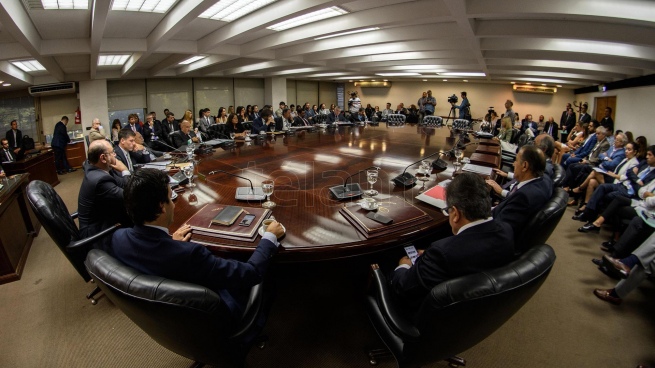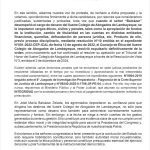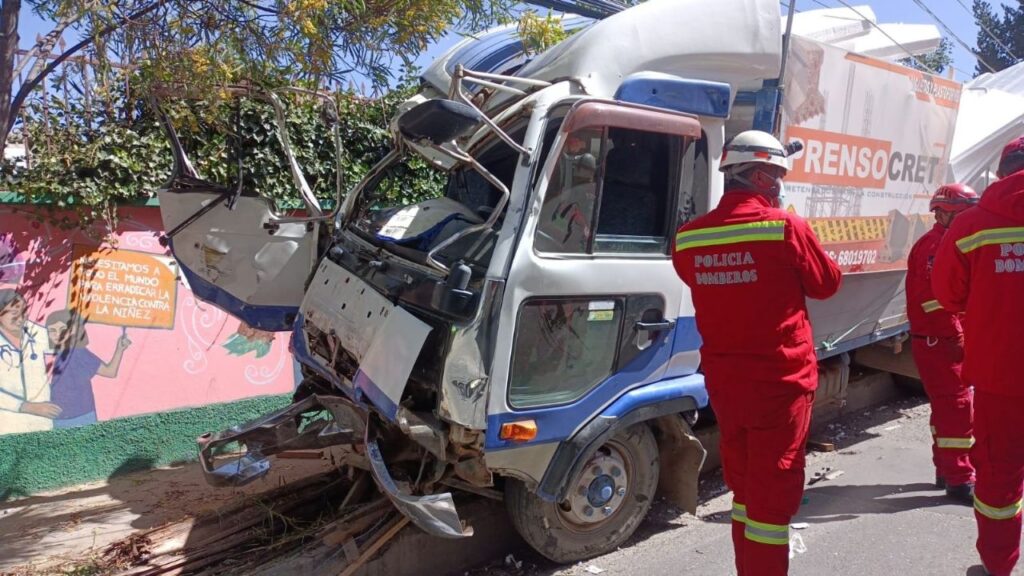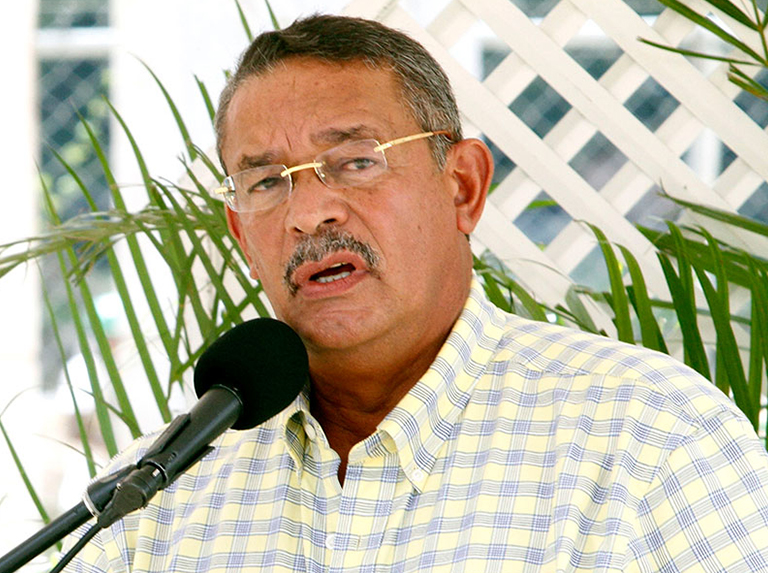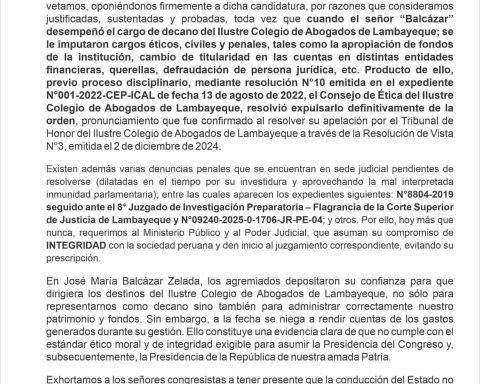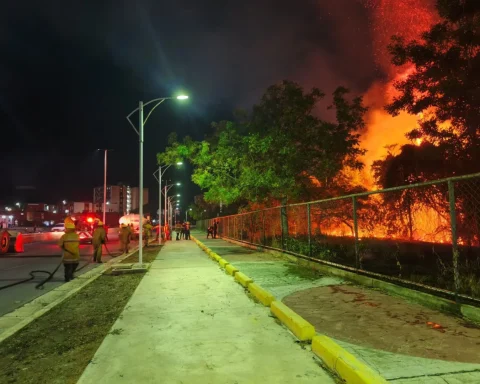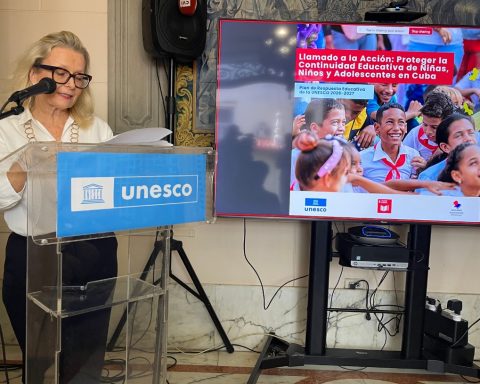The Chamber of Deputies will continue this Tuesday in a plenary of commissions the debate on the project sent by the Senate that proposes the modification of the Council of the Judiciary, while the ruling party advances in the search for consensus that will allow the approval of the initiative elaborated by the Executive power.
The official project, which proposes raising the number of members from 13 to 17 and creating four federal regions for its operation, It will be addressed from 2:00 p.m. by the plenary session of the Constitutional Affairs and Justice commissions.
That plenary will resume the round of consultations with specialists in the field, who will be invited at the proposal of all the blocks with parliamentary representation, as happened on Tuesday of last week.
On that occasion, the rector of the University of José C. Paz, Darío Kusinsky; the president of the Argentine Federation of the Judiciary, Marcela Ruiz; the director of Human Rights and Access to Justice of the Court of Mendoza, Milagros Noli, and the jurist and former head of the Judicial Council, Miguel Pidecasas.
As anticipated by the presidents of the Constitutional Affairs and Justice commissions, Hernán Pérez Araujo (FdT) and Rodolfo Tailhade (FdT)respectively, on Tuesday, the exhibitors could be more, but with less time in their interventions.
Regarding the debate, the parliamentary ruling party did not rule out that some modifications could be incorporated into the project to achieve greater consensus, since 129 votes are needed for its approval, since it is a law derived from the National Constitution and that requires an absolute majority of the plenary, that is, half plus one of the 257 deputies that make up the body.
In the caucus chaired by Germán Martínez, from Santa Fe, they see it difficult for Together for Change (JxC) to support the rejection expressed to the project in the Senate and by the statements of several deputies of that space in the same sense.
However, according to parliamentary sources, in the ruling party they hope that their 117 deputies will be joined by “between five and six” of provincial forces, the four members of the left and, fundamentally, some of the eight representatives of the Federal Interbloc.
From this last space, the deputy Graciela Camaño (Bonaerense Identity) He anticipated in statements to Télam that he will listen to “the opinion of the specialists” before deciding whether to present his own opinion, although he announced that he “does not” agree with the project approved by the Senate.
“There has to be a balance. The Supreme Court has to be part of the Council but not preside, much less have a double vote,” said the deputy and member of the Judicial Council while the bill was debated in the Senate.
Camaño, the only member of the Federal interbloc in the plenary of the commissions that studies the issue, thus differed from the position of former Minister of Economy Roberto Lavagna, who is the political reference of his fellow block, Alejandro “Topo” Rodríguez.
“There are not four constitutional powers, but three. Each of them must be respected in their independence and competencies. The Judicial Council belongs to the judicial area and it is natural that it be chaired by the president of the Supreme Court of Justice,” tweeted Lavagnain words endorsed by Rodríguez.
Added to these positions is that of the Córdoba Federal bloc, which has three members and is the only force in the Federal Interbloc with representation in the Senate, for which it has already formally expressed its position.
“The issue of the Council of the Judiciary is clearly framed in the National Constitution. And in the initiative there are two issues that go against what the CN itself has set,” he remarked. Senator Gabriela Vigo, representative of the provincial governmentby justifying his vote against the project of the Executive Power.
Socialismo santafesino, third space of the Federal Interbloc, also expressed its point of view on the project in question and on the characteristics of the ongoing debate: “Our objective is that the Council of the Magistrature works well, with statistics from the Judiciary, which quickly and efficiently elect good judges and do it in a transparent manner, and punish those who are making rulings against the Law,” he said the national deputy Mónica Fein before the consultation of Télam.
“Any institutional reform requires broad consensus and today the ruling party is not looking for that, but rather to impose a circumstantial majority. In this way, the conditions to make substantive changes are not given because there is no willingness to dialogue on the part of the National Government“, he asserted.
Lastly, he remarked, “for these transformations to be stable in the future they must have a majority agreement.”
